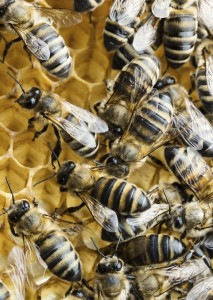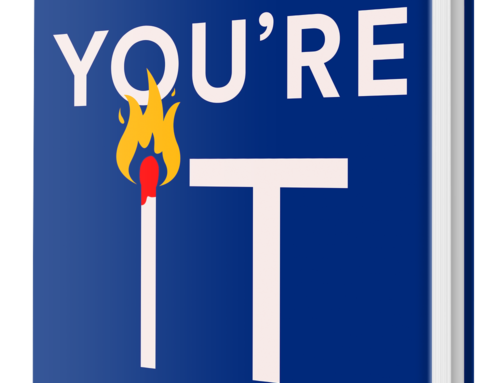This post by Dr. Lenny Marcus originally appeared at NatGeo.com.
In the course of our research on leaders of the Boston Marathon Bombings Response, we discovered an extraordinary phenomenon. Though many people took charge of aspects of the response, no one official was in command of it all, including the range of law enforcement, medical and recovery activities. Boston’s leaders set a tone of remarkable collaboration and inter-agency leveraging amongst one another. Competitiveness, ego driven behavior, and flamboyant credit taking – often present in large crises involving many jurisdictions and agencies – were not significant factors.
We discovered in this research a phenomenon akin to “Swarm Intelligence,” a term coined to explain natural phenomena – such as birds flying and fish schooling – that allow for remarkable achievements when no one is in charge or directing overall activity. It requires all to follow the same rules and principles, though they may not be explicit. In Boston, Swarm Intelligence shaped order without control.
Five leadership principles and rules emerged during the Boston Marathon Bombings Response. While these principles may appear logical and self-evident, adherence is remarkably difficult during a high stakes crisis with its penetrating emotions and uncertainties.
In brief, the five principles are:
- Unity of Mission
- Staying in One’s Lane
- No Ego, No Blame
- Generosity of Spirit and Action
- A Foundation of Trust-based Relationships
They are explored in greater detail in the full post. Cambridge Meta-Leadership principals are engaged in on-going research to deepen their understanding of how the scholarly work on Collectivistic Leadership can be linked to the insights derived from swarm intelligence to help leaders achieve more robust and resilient connectivity that improves outcomes.








Leave A Comment